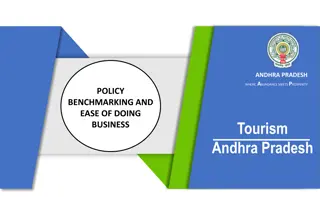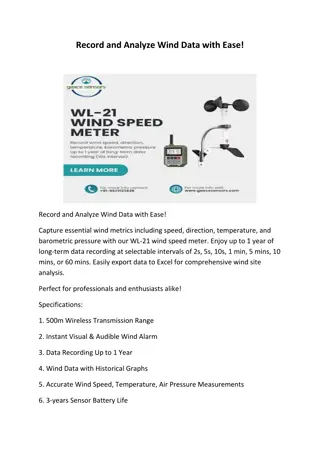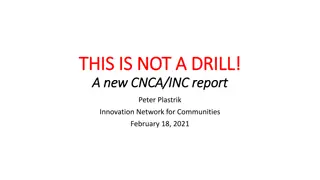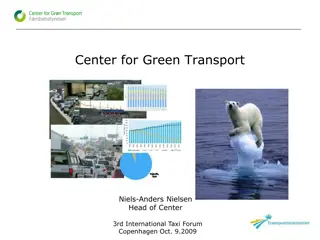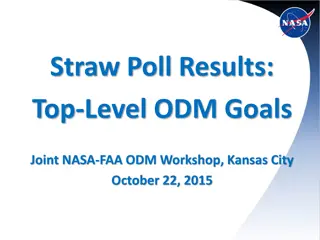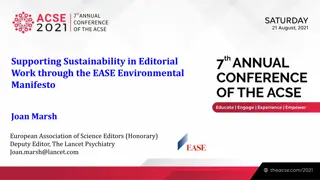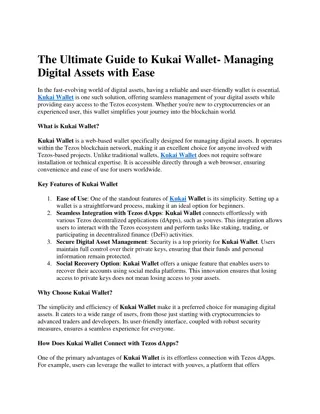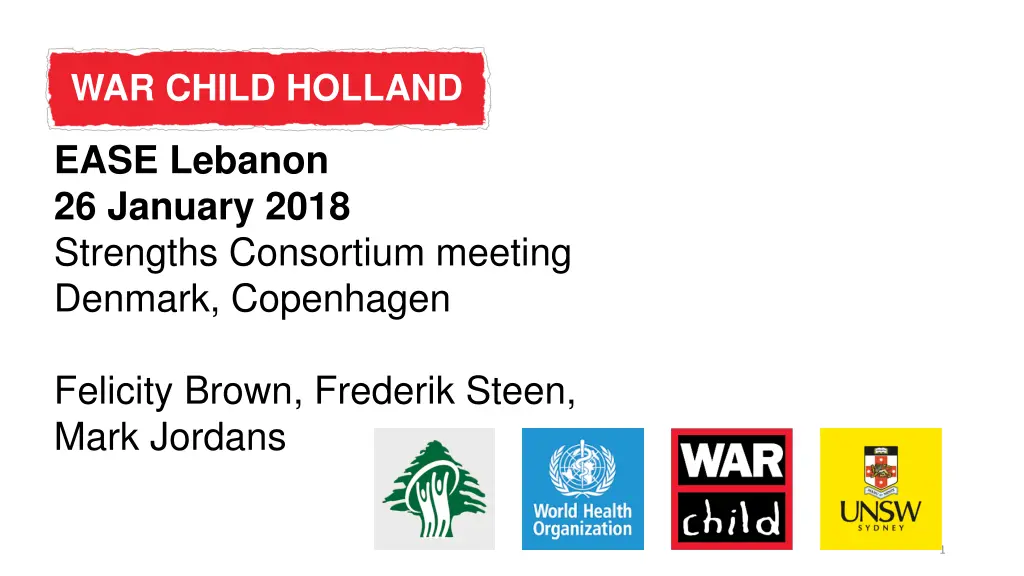
Understanding EASE for Adolescent Well-being
Learn about EASE, a program designed for young adolescents facing adversity and distress. Explore the cultural adaptation process, training phases, and examples of adaptations to address various challenges. Follow the journey of EASE in Lebanon as it aims to support the mental health and well-being of adolescents and their families.
Download Presentation

Please find below an Image/Link to download the presentation.
The content on the website is provided AS IS for your information and personal use only. It may not be sold, licensed, or shared on other websites without obtaining consent from the author. If you encounter any issues during the download, it is possible that the publisher has removed the file from their server.
You are allowed to download the files provided on this website for personal or commercial use, subject to the condition that they are used lawfully. All files are the property of their respective owners.
The content on the website is provided AS IS for your information and personal use only. It may not be sold, licensed, or shared on other websites without obtaining consent from the author.
E N D
Presentation Transcript
WAR CHILD HOLLAND EASE Lebanon 26 January 2018 Strengths Consortium meeting Denmark, Copenhagen Felicity Brown, Frederik Steen, Mark Jordans 1
What is EASE? What is EASE? Designed for young adolescents (10-14 years old) experiencing adversity, and impaired by distress Delivered by non mental-health professionals Delivered in groups (around 8 adolescents) 7 Sessions for children, 3 for parents Methods used: Identifying feelings Stress management Behavioral activation Problem solving
Phase Phase 1 1- - Cultural Cultural Adaptation Adaptation - - Process Process ADAPTTION WORKSHOP 21-22 Sept Beirut 1a. Rapid Qualitative Assessment OUTPUTS 1. Bernal framework completed 1b. Desk Review 1c. Cognitive interviewing 2. Revision EASE materials 1d. Psychologist read through 1e. Mock sessions EASE
Phase Phase 1 1- - Cultural Cultural Adaptation Adaptation Procedures Procedures 1a. Rapid Qualitative Assessment - Two communities in North Lebanon - FL (n=24), FGD (4 groups, n=15), KII (n=23). - Children, Parents, Community Members, and MH Care Providers. - - By Master Student (LSHTM) Existing Desk Reviews WCH Lebanon 1b. Desk Review - 4 CI groups (n=16); caregivers and children in North Lebanon - Selection of Arabic EASE materials: Storybook for adolescents; Posters for adolescents; Parts of EASE manual; Caregiver handouts 1c. Cognitive interviewing - - - By 5 Lebanese WCH researchers and PSS trainers/advisors Arabic Manual, Arabic Storybook and Arabic Workbook feedback on comprehensibility, acceptability and formulation 1d. Psychologist read through - Run-through by 9 participants: Lebanese WCH Researchers and PSS trainers/advisors and non-Lebanese psychologists, researchers (WHO, DRC and WCH) 1e. Mock sessions EASE
Phase Phase 1 1 Cultural Cultural Adaptation Adaptation Example Example adaptations adaptations Addressing aggression and bullying throughout Reducing resources needed- such as costumes, coloured pencils Prioritising problems during problem solving Quality time needs to consider large families, limited space, and limited time 6
Phase 1 Phase 1 Trainings + Timeline Trainings + Timeline Master Workshop Measures finalized Training of Trainers Practical Cycle April 2018 Jan 2018 April 2018 Feb 2018 Full cycle Trainers 2 days 8 days Training of Facilitators Practice Run Facilitators Training of RAs Start Pilot RCT July 2018 Aug-Sep 2018 June 2018 Jul-Aug 2018 Full cycle Facilitators 5 days 8 days
Phase 2 - Location for EASE trial Embedded in Back 2 the Future Education program Location: Most vulnerable regions in Tripoli and Akkar Camp settlement, Village and Urban Settings Lebanese, Syrian and Palestinians Program Nine Community Centers feasible for EASE Ethical approval from St. Joseph University & WHO (almost) 8
Phase 2 Phase 2 Pilot Study (1) Pilot Study (1) 2 locations in North (Tripoli) and Akkar Sample: 128 children 64 children in 4 EASE groups - Groups divided on age and gender 64 children in the ETAU condition Steps: Parental consent and child assent for screening Screening of child Parental consent and children assent for study participation Baseline Randomization to ETAU and EASE Assessment: Post intervention and 3-months Follow up ETAU Scripted individual sessions with parents and children by facilitator to cover: Psychoeducation (screening results, self-help techniques) Referral options to MHPSS services 9
Phase 2 Phase 2 Pilot Study (2) Pilot Study (2) Inclusion Aged between 10 years and 14 years Lebanese national, Syrian or Palestinian refugee Able to follow and understand instructions Has a caregiver who has provided consent for participation Screens positive for psychological distress, based on CPDS Exclusion Unaccompanied minors Adolescents with significant cognitive impairment, severe neurological impairments or developmental difficulties as determined by caregiver-report on the TQ-10 (Durkin et al, 1990). Adolescents at risk of imminent suicide, assessed using structured interview questions 10
Measurements Measurements I Instruments nstruments Tool Domain Screener measures General child psychosocial distress Number of items Child Psychosocial Distress Screener (CPDS) 7 (5 child; 2 Caregiver) Outcome measures Primary Child-reported general child psychological distress Secondary Caregiver-reported general child psychological distress Depression Posttraumatic stress General functioning Well-being Pediatric Symptom Checklist youth version (Y-PSC) 35 Pediatric Symptom Checklist caregiver version (PSC) 35 PatientHealth Questionnaire 9 for adolescents (PHQ-9) The Children s Impact of Events Scale (CRIES-8) Impairment in daily functioning Short Warwick-Edinburgh Mental Wellbeing Scale (SWEMWBS). 9 8 10 14 Caregiver Measures General psychological distress Parenting Exposure to traumatic events Other Fidelity and Competency checklist for Facilitators Kessler 6 (K6) Alabama Parenting Scale Harvard Trauma Questionnaire (HTQ) 6 42 or short 15-item 17 11
Adaptation and Validation of measures Adaptation and Validation of measures All measures: Forward translation to colloquial Arabic Backwards translation to English (separate translator) Translation workshop to finalise translations Cognitive interviewing Revision and finalization of measures Validation of Paediatric Symptom Checklist and Child Psychosocial Distress Screener : n = 100 adolescents aged 10-14 concurrent validity with psychiatrist interview using KSADS 12
Phase 3 Phase 3 - - Process evaluation Process evaluation Target groups: EASE adolescent participants (completers and non-completers); EASE caregivers; ETAU participants (completers and non-completers); ETAU caregivers; EASE facilitators; Supervisory and clinical staff. Methods: FGDs and KIIs Themes covered in these interviews, amongst others: Challenges and enablers in implementation of EASE/ETAU etc. Caregiver s views on motivators and barriers to supporting adolescent participants of the program Barriers and facilitators to recruitment, adherence and attrition within a randomized study design 13
Timeline Timeline 14



